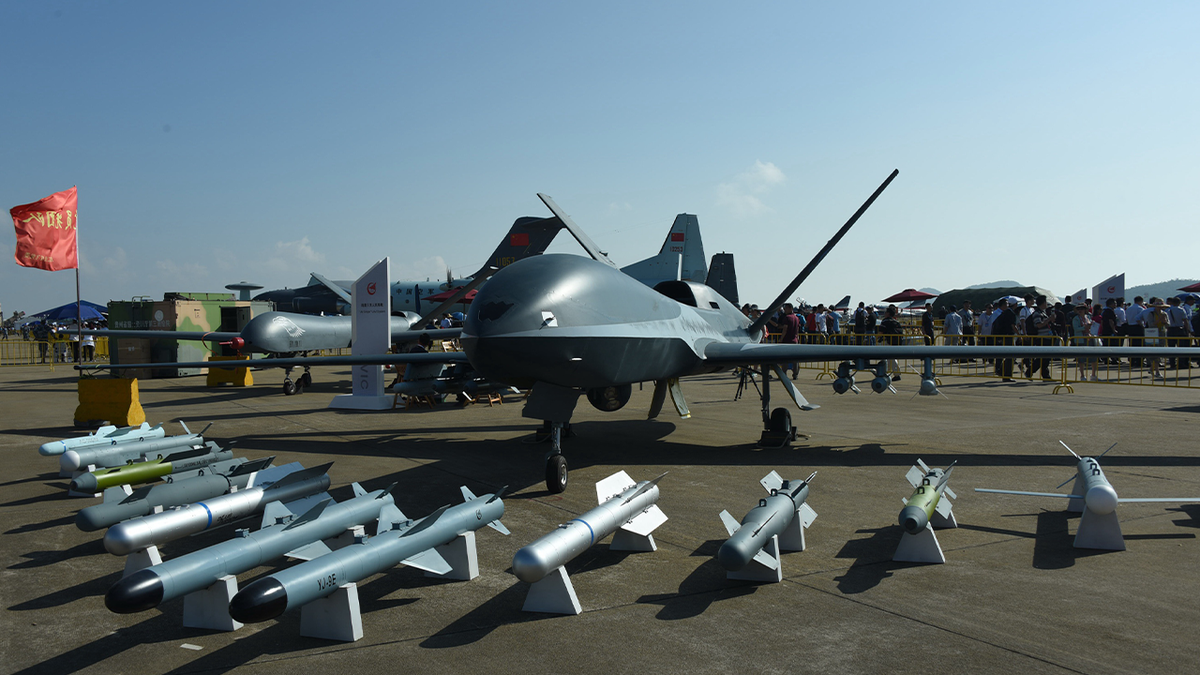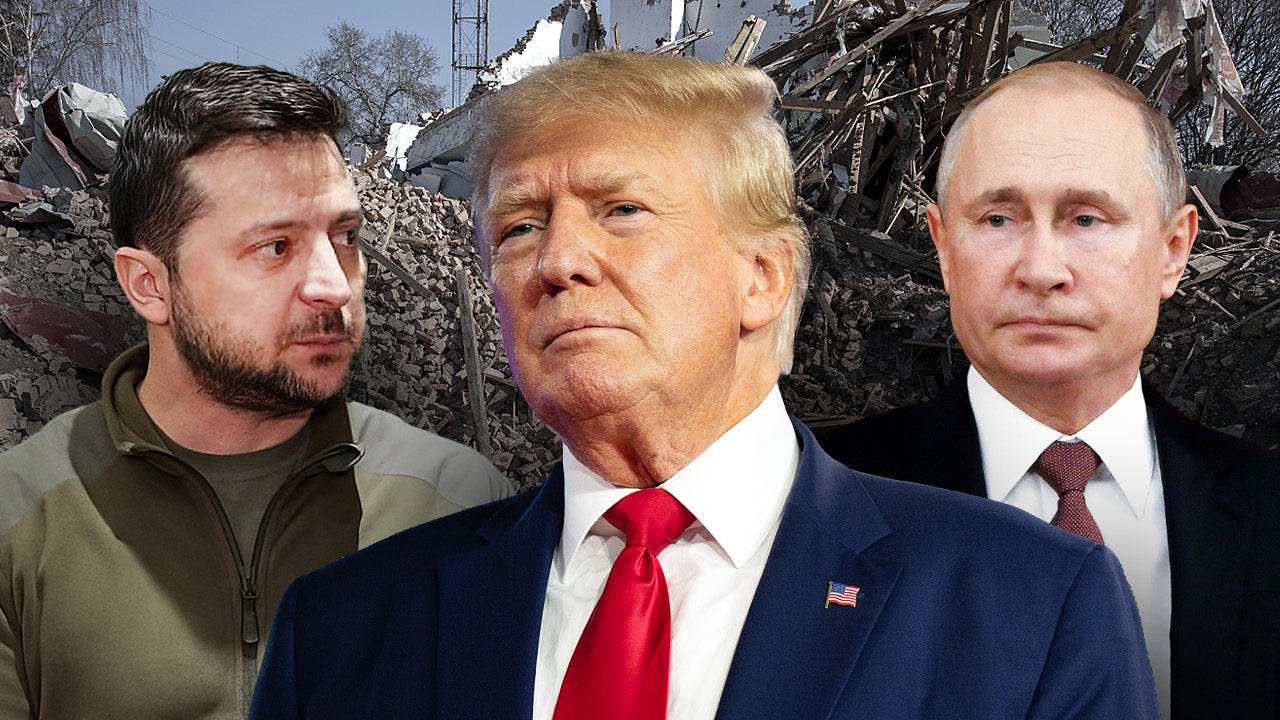UN revisits ‘killer robot’ regulations as concerns about AI-controlled weapons grow

Several nations met at the United Nations (U.N.) on Monday to revisit a topic that the international body has been discussing for over a decade: the lack of regulations on lethal autonomous weapons systems (LAWS), often referred to as “killer robots.”
This latest round of talks comes as wars rage in Ukraine and Gaza.
While the meeting was held behind closed doors, U.N. Secretary-General António Guterres released a statement doubling down on his 2026 deadline for a legally binding solution to threats posed by LAWS.
“Machines that have the power and discretion to take human lives without human control are politically unacceptable, morally repugnant and should be banned by international law,” Guterres said in a statement. “We cannot delegate life-or-death decisions to machines,” he later added.
FORMER TRUMP OFFICIAL SLAMS UN REFORM EFFORTS AS ‘EIGHT AND A HALF YEARS LATE’
International Committee of the Red Cross (ICRC) President Mirjana Spoljaric delivered a statement to nations participating in Monday’s meeting. Spoljaric expressed the ICRC’s support for efforts to regulate LAWS but warned that technology is evolving faster than regulations, making threats posed by the systems “more worrying.”
“Machines with the power and discretion to take lives without human involvement threaten to transform warfare in ways with grave humanitarian consequences. They also raise fundamental ethical and human rights concerns. All humanity will be affected,” Spoljaric said.

NUCLEAR WATCHDOG URGES ‘TRUST BUT VERIFY’ THAT IRAN ENGAGES IN GOOD-FAITH NEGOTIATIONS
Artificial intelligence is not necessarily a prerequisite for something to be considered an autonomous weapon, according to the U.N., as not all autonomous systems fully rely on AI. Some can use pre-programmed functions for certain tasks. However, AI “could further enable” autonomous weapons systems, the U.N. said.
Vice President of the Conservative Partnership Institute Rachel Bovard, however, says that while regulation of autonomous weapons is necessary, the U.S. needs to be cautious when it comes to the development of international law.
“AI is the wild west and every country is trying to determine the rules of the road. Some regulation will be imperative to preserving our humanity. When it comes to international law, however, the U.S. should proceed with caution,” Bovard told Fox News Digital. “As we have learned with everything from trade to health, subjecting our national sovereignty to international dictates can have lasting unintended consequences. If existing international law is sufficient at the moment, that is what should govern.”

Countries in the Convention on Certain Conventional Weapons have been meeting since 2014 to discuss a possible full ban on LAWS that operate without human control and to regulate those with more human involvement, according to Reuters.
In 2023, more than 160 nations backed a U.N. resolution calling on countries across the globe to address the risks posed by LAWS. However, there is currently no international law specifically regulating LAWS.
Read the full article here









